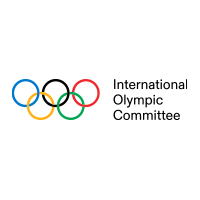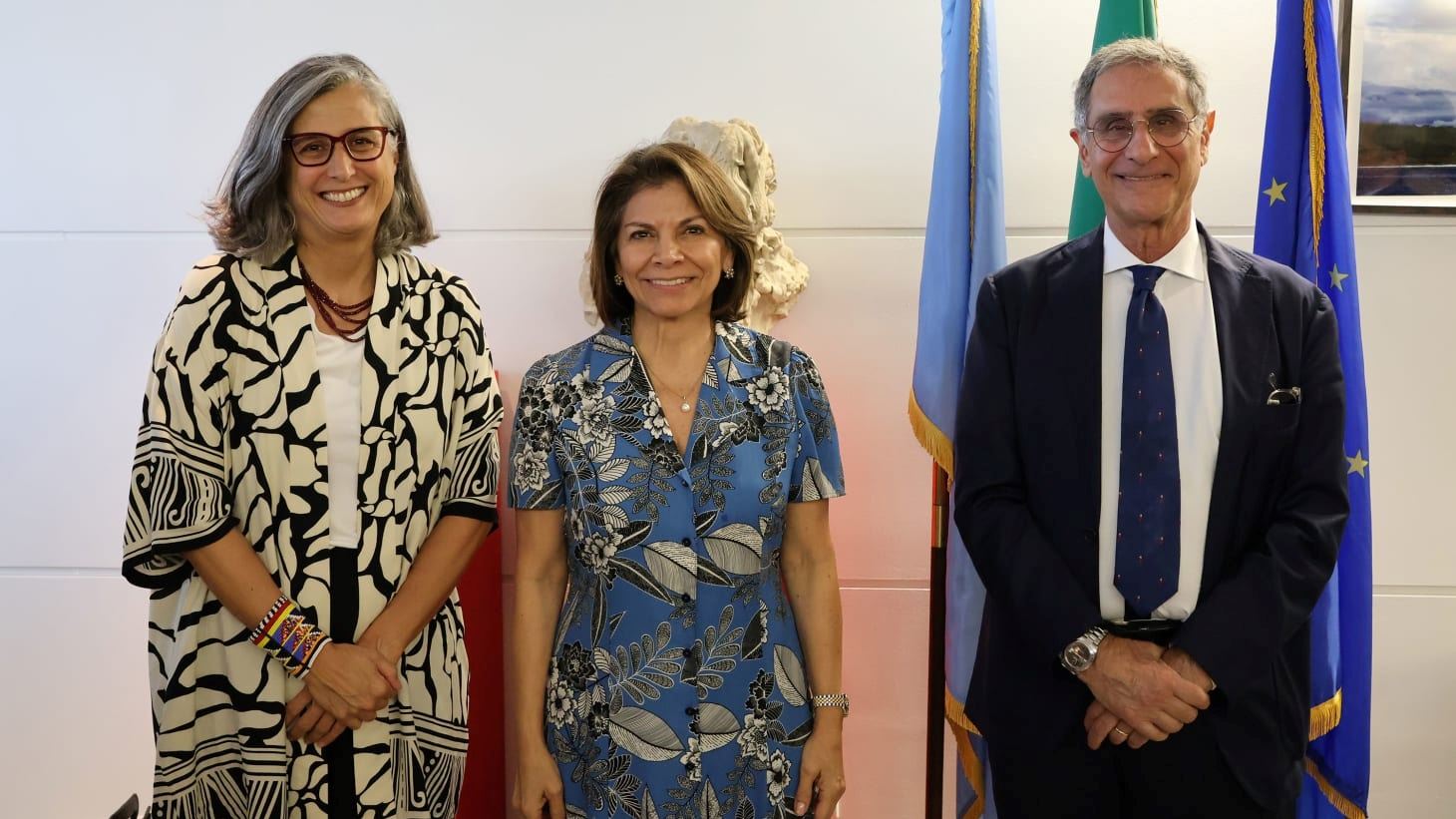25 July 2025 - Building on its ongoing efforts to support sustainable development through sport, the International Olympic Committee (IOC) has taken a further step to deepen its local level impact. By signing a letter of intent to join the Partnership Platform on Localising the Sustainable Development Goals (SDGs), led by UN-Habitat and the Italian Ministry of Environment and Energy Security (MASE), the IOC is reinforcing its role in leveraging sport as a tool for transformative local action.
Speaking at the High-level Event of the Partnership Platform on localising the SDGs, hosted by Italy as part of the High-Level Political Forum on Sustainable Development (HLPF), IOC Member and former President of Costa Rica Laura Chinchilla presented a series of initiatives aimed at enhancing sport’s contribution to SDG implementation at the local level.
Call to action
“Thanks to the strategic collaboration between the IOC and UN-Habitat, four key action areas have been identified to enhance sport's contribution to SDG localisation,” Chinchilla said.
These four key areas are:
- Integrating sports policy measures and data into strategic, spatial and participatory planning, including national SDG localisation frameworks.
- Implementing communication campaigns to promote the benefits of sport and physical activity.
- Building the capacity of policymakers and planners to maximise returns on investment in sports policy and programming.
- Establishing a pipeline of impactful projects, including sports infrastructure and human capital development, supported by blended and concessionary financing.
“I present these initiatives as a call to action,” Chinchilla added, “highlighting the joint commitment of the IOC and UN-Habitat to offer technical support for the integration of these measures into the Partnership Platform for SDG Localisation.”
A global commitment to advance sustainable development
Chinchilla emphasised the pressing need to accelerate progress toward sustainable development. "With only 18% of the Agenda 2030 goals currently on track, an escalating financing gap, and the world grappling with multiple converging crises, the urgency to advance the SDG localisation agenda has reached a critical point," she said.
Chinchilla also highlighted the concrete financial backing behind these commitments. "The Coalition of Public Development Banks for Sustainable Development through Sport announced the investment of USD 10 billion in community-based, inclusive and sustainable sports infrastructure and human capital development projects by 2030," she said. "The IOC confirmed the increase of its budget for promoting the positive impact of sport worldwide by 10%, reaching an unprecedented USD 650 million between 2025 and 2028."
She recalled further political momentum, pointing out that "the G7 Development Ministers adopted the Pescara Declaration on Sustainable Investment in the Sport Ecosystem in October 2024, and the first ever sport investment forum was held during the Finance in Common Summit in Cape Town in February this year."
The vital role of sport
Chinchilla concluded by stressing the return on investment in sport. "Investment in effective sports interventions yields substantial benefits for communities by fostering economic growth, enhancing social inclusion, and lowering health and social protection expenses," she said. "Research has shown that for every dollar invested in sport, it can deliver between 3 and 124 dollars in social returns."
She cited recent examples to illustrate this impact: "The Paris 2024 Olympic Games generated a net economic benefit of about USD 9 billion, all while achieving a 55% reduction in carbon emissions compared to earlier editions." She also pointed to long-term efforts, such as "the IOC’s Olympism365 strategy, which currently promotes the positive impacts of sport in 175 countries, alongside the expanding influence of the Olympic Refuge Foundation, which recently launched a Cities, Sport and Inclusion Policy Plan, that I recommend for consideration at this meeting."
About the Partnership Platform on localising the SDGs
Launched in 2024, the Partnership Platform on localising SDGs is an initiative jointly promoted by the Italian Ministry of Environment and Energy Security (MASE) and the United Nations Human Settlements Programme (UN-Habitat).
It aims to accelerate the localisation of the SDGs at the country level by supporting national governments in designing National SDG Localisation Frameworks and identifying high impact projects at local level.

